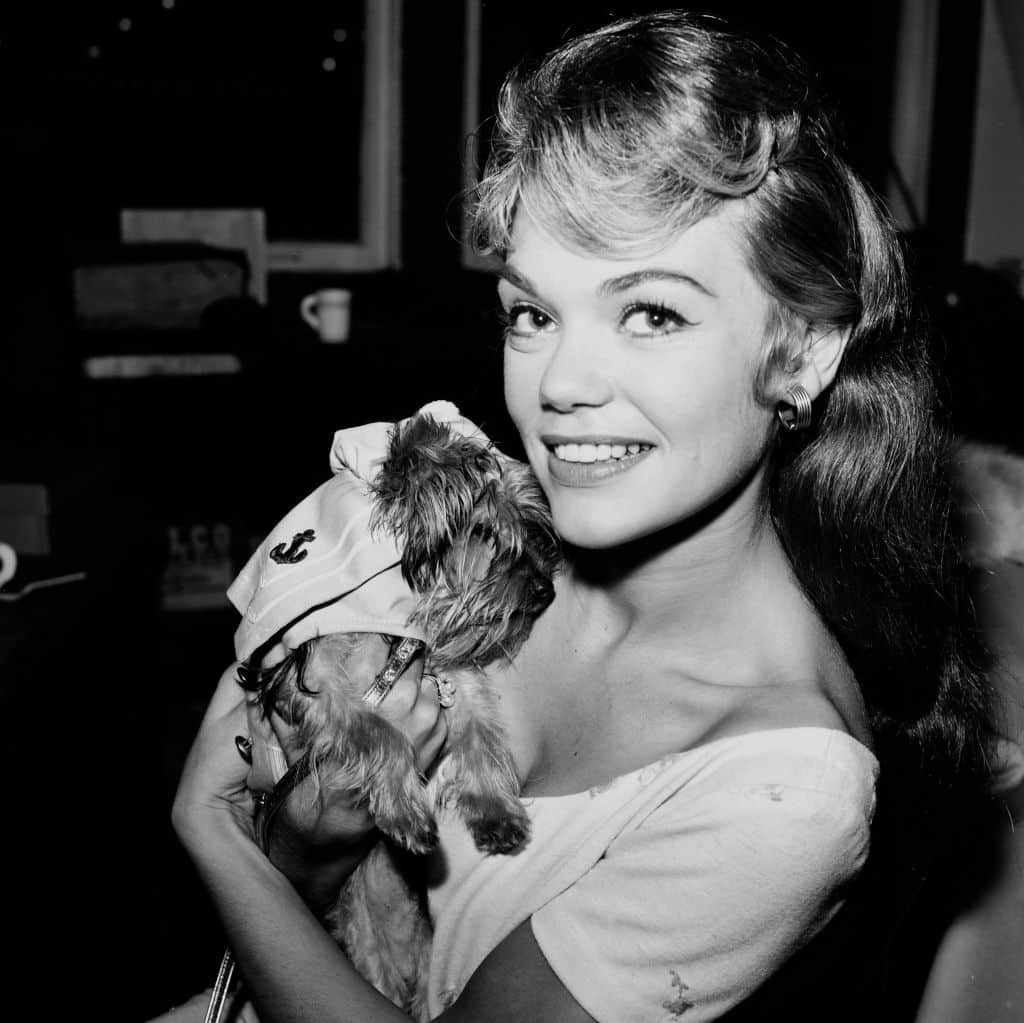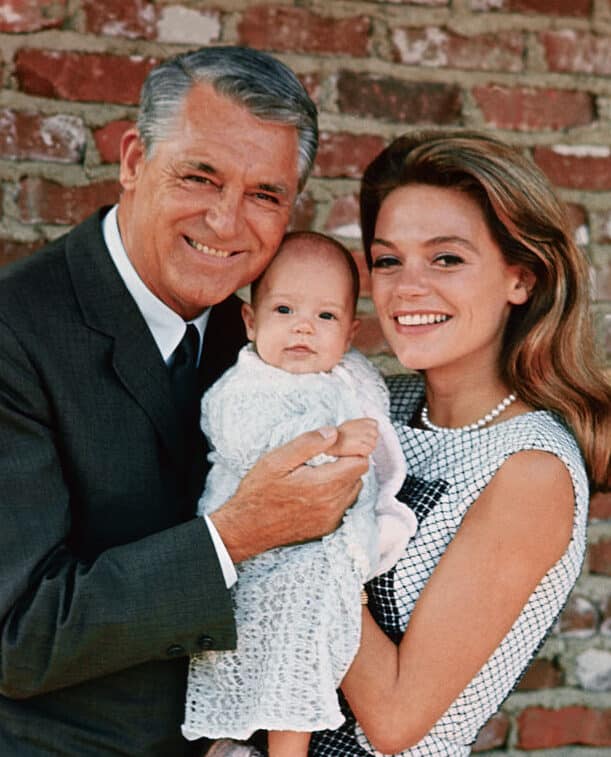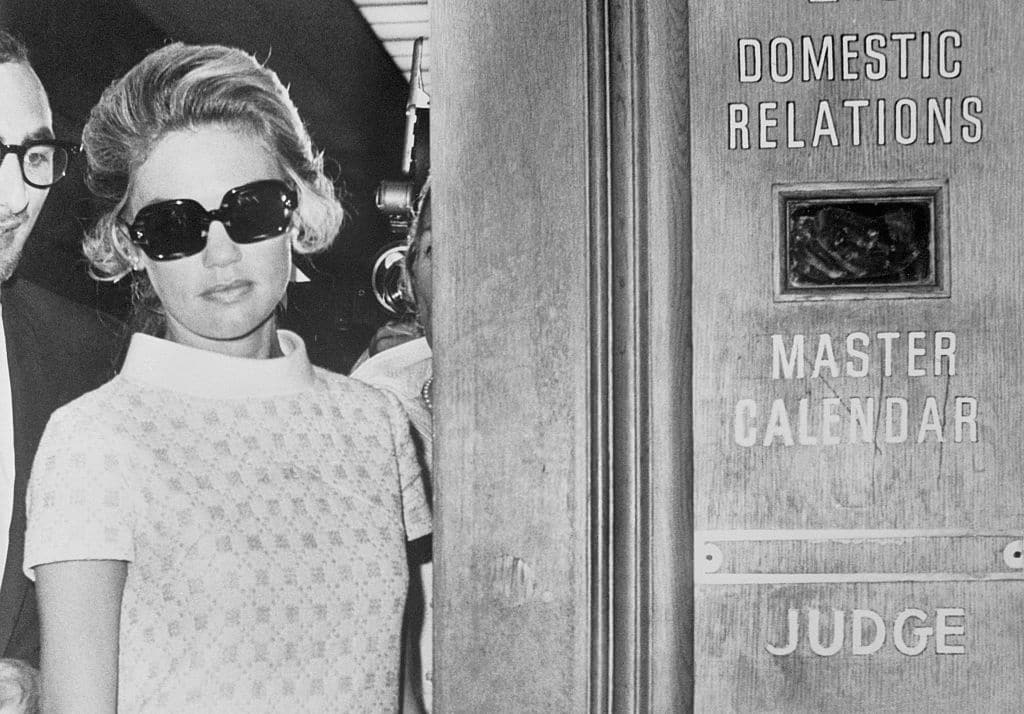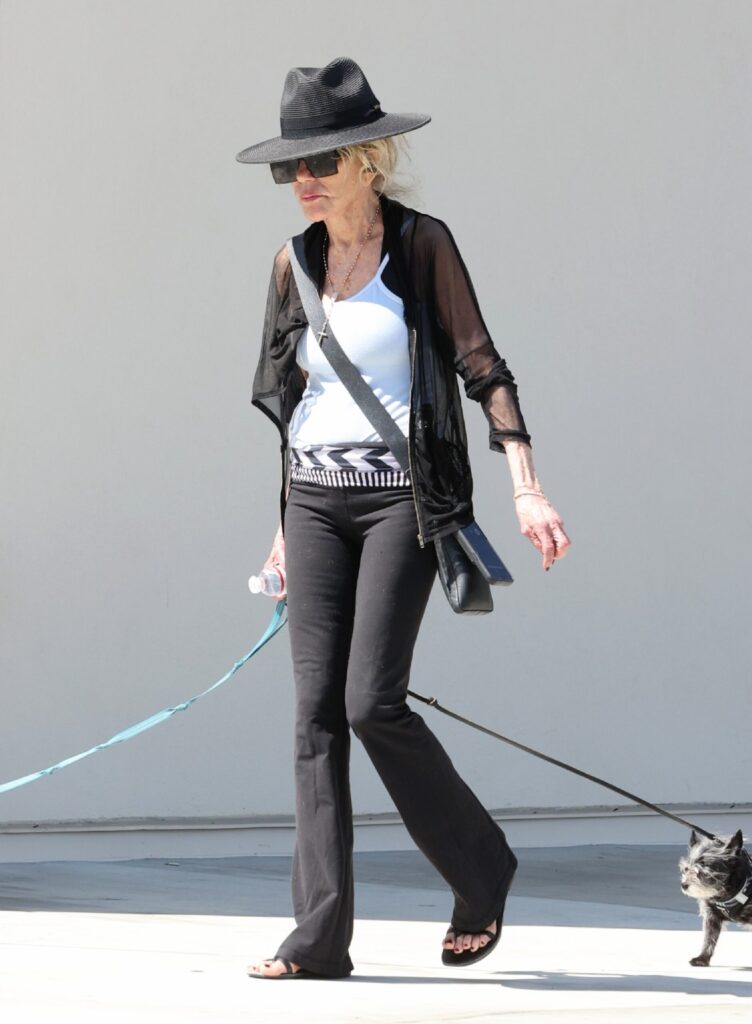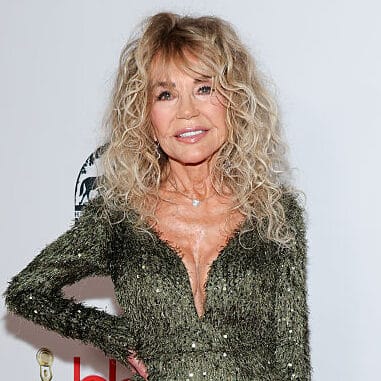Dyan Cannon: The Woman Behind the Hollywood Legend
For decades, Dyan Cannon lit up movie screens with her bright smile, sharp wit, and unmistakable charm. With award nominations, iconic roles, and a romance with one of cinema’s greatest stars, her life looked like a Hollywood fairy tale from the outside.
But behind the spotlight was a woman quietly fighting to hold on to herself.
A Long, Celebrated Career
Dyan Cannon’s acting career has stretched across generations and genres. Known for seamlessly blending humor with emotional depth, she earned three Oscar nominations, three Golden Globe nominations (winning one), and a Saturn Award.
In 1983, she received a star on the Hollywood Walk of Fame — a permanent tribute to a career that still resonates with audiences.
Viewers know her from films such as Bob & Carol & Ted & Alice, The Last of Sheila, Heaven Can Wait, and Deathtrap. Whether in comedy, mystery, or drama, Cannon stood out as one of Hollywood’s most magnetic performers.
Yet one of the most defining chapters of her life unfolded far away from the set.
Falling in Love with Cary Grant
In the early 1960s, Hollywood icon Cary Grant reportedly noticed Cannon while watching television late one night in his Beverly Hills home. A young woman with honey-blond hair, wide eyes, and a playful sensuality appeared on the screen — and instantly caught his attention.
Intrigued, he began calling around until he found out who she was. Cannon, already a familiar face on television, quickly became the object of his determined pursuit. The suave star courted her for about eight months before she finally agreed to go out with him.
When the couple eventually married, she was 28. He was 61.
Cannon later said simply:
“I loved him deeply and was committed to him.”
But the relationship came with a price.
Losing Herself to Love
Grant, by her own account, had very firm ideas about how his wife should look, behave, and even move through the world.
“He wanted me to quit my acting career, I did. He wanted to change my hair, the way I dressed, the way I walked, the way I wrote. And I so wanted to make him happy.”
She tried to mold herself into his ideal. She remembers noticing tiny details, even adjusting how she closed kitchen cupboards or how she drove, just to avoid upsetting him.
“I would try and close the cupboards more gently… try and drive with both hands on the steering wheel.”
Over time, she realized that suppressing her instincts and needs was destroying her.
“If you go against your deepest feelings… you’re screwed.”
Their marriage lasted only three years and ended in 1968. At the time of their divorce, Cannon claimed that Grant had treated her in “a cruel and inhuman manner,” alleging emotional cruelty, pressure to take LSD, and even physical abuse. Court documents also reflected the financial reality of the split: Grant’s income and fortune were significant, but she maintained she wasn’t after his money.
Walking Away and Rebuilding
Leaving the marriage was not simple, emotionally or practically.
“I couldn’t breathe in that atmosphere anymore,”
she later admitted.
Despite the pain, she says she carried no hidden agenda in loving him:
“I didn’t really want anything from him. I just loved him. There was no agenda there.”
In time, she chose to look back with perspective rather than bitterness.
“There are some happy memories with Cary. I’m grateful for the experience. It’s brought me to be the woman I am today.”
The end of their relationship became the beginning of a long process of rediscovering who she was — outside of his influence, outside of Hollywood’s demands.
A Mother First
From their marriage came one of the greatest joys of her life: their daughter, Jennifer, born in 1966. She was Cary Grant’s only child, and their shared love for her kept them connected even after their divorce.
After Grant’s death in 1986, Cannon was offered “millions” to write a tell-all book exposing their private life.
“Swifty Lazar called me a week after Cary died,”
she recalled.
She refused.
Years later, Jacqueline Kennedy Onassis, then working in publishing, encouraged Cannon to share her story — but not just as “Cary Grant’s ex-wife.” Cannon waited until she was ready, eventually writing a memoir that she described as being:
“about relationships and what people do to themselves and each other under that canopy called love.”
Aging Under the Public Gaze
Even into her 80s, Cannon continued appearing at events and sports games, still energetic and expressive. Whenever she stepped out, cameras followed.
In recent years, photos of her sparked mixed reactions online. Many praised her:
“Looks great for 86 and walking — what more could you ask for?”
Others commented harshly on her appearance, reflecting a familiar double standard for women who age in the public eye.
At 88, she was photographed in Los Angeles, dressed casually in a white blouse, black flared leggings, a fedora, and sandals while walking her dogs — a simple moment that again ignited public chatter.
Finding Peace in Faith
Through success, heartbreak, scrutiny, and reinvention, Cannon credits one thing with keeping her grounded: her faith.
“Praying, that’s what keeps me straight,”
she has said.
Calling herself a “big God girl,” she explains that spirituality helped her make sense of a world that often didn’t.
“After some of the things I’ve been through, I couldn’t make sense out of the world, so I had to go to something that did make sense.”
Her faith is not just private. She hosts a monthly Bible study in her home and volunteers weekly with people recovering from addiction, offering encouragement and compassion drawn from her own experiences.
“A Happy Puppy Now”
The woman remembered by many as Hollywood’s sparkling blonde opposite Cary Grant is far more than a movie memory. She is an 88-year-old survivor who walked through controlling love, public judgment, and inner confusion — and came out on the other side with a quiet, steady joy.
Looking back, Dyan Cannon sums it up in her own simple way:
“I have to say that it took me a while to find happiness, but I’m a happy puppy now.”
Her life is a reminder that real beauty isn’t frozen in time on a movie screen — it’s found in resilience, self-respect, and the faith that carries you through the hardest parts of your story.
